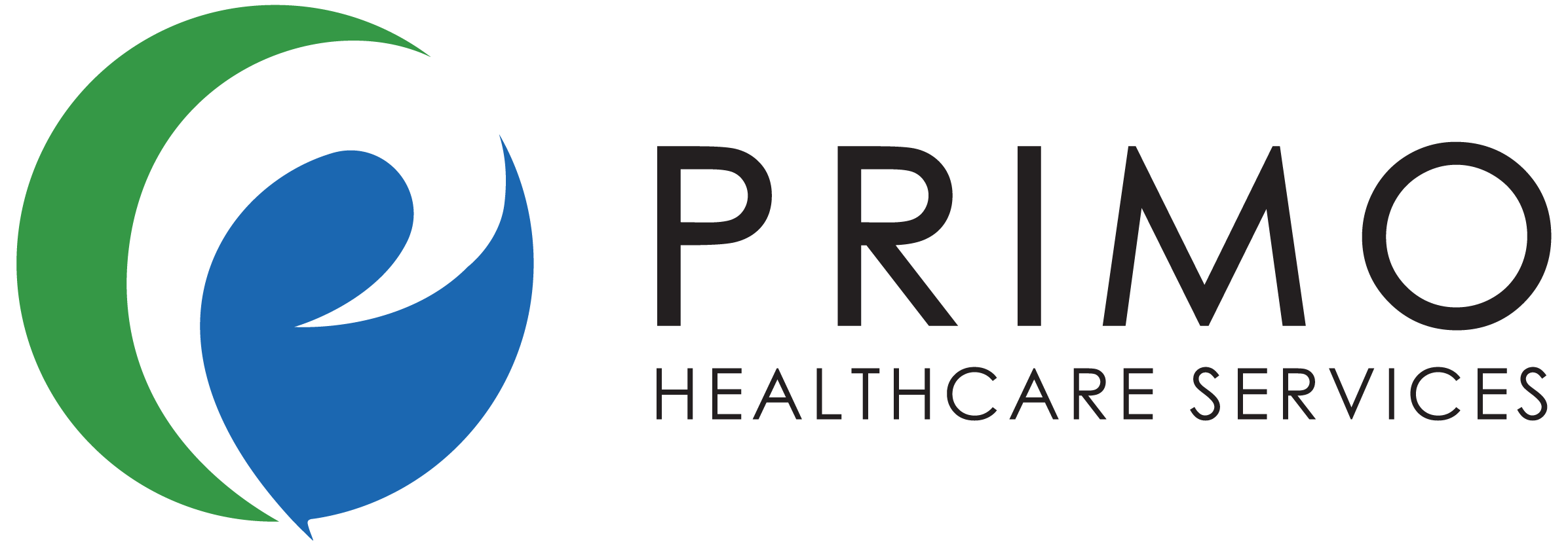15 Top Interview Questions to Ask Candidates:
Time to fill the vacancy in your team and the challenge is to search for professionals with the key qualities required. The question is how can you identify them from just an interview?
What’s important are the questions you ask. These 15 questions will provide you an idea of the candidate’s skill level and bearing in order for you to be convinced of your judgment.
#1 Do you know anything about our company? Why do you want to work with us?
You’d assume that with the online access nowadays, these candidates would do their research, but this is not always the case. Not all applicants may even know the line of business the company is into. Ask this interview question and you are sure to quickly find out who really are interested in working for you and who aren’t.
#2 Having difficulty in finding the suitable candidate? We are here to help.For this position, what skills and strengths do you have?
Did the candidate blindly apply to your vacancy, or did they consider if they suit your needs. This question will show which applicants should be able to think critically of how their abilities will benefit your team.
#3 Tell me about your current job?
While gaining insights to the interviewees background that stretches beyond their resume, this question can help assess their communication skills.
#4 To be more successful, what could your current company do?
From this inquiry can get you an idea if the interviewees see the big picture at their organizations. This may also show why they want to leave their current jobs.
#5 Tell me about a time when you had a disagreement with your boss or a colleague and how did you handle it?
One of the more valuable queries to ask interviewees because you will be able to see their conflict resolution abilities, personality and potential for future problems. You will also know what tone does the person use when talking about the other people involved. Were they able to handle the situation described properly? Did they find common ground? In almost every job, emotional intelligence is highly needed.
#6 Do you love working alone or working in a team?
It reveals to you how the candidate performs when chosen for the position. Also, this helps identify if they are match to the tasks assigned to them. Someone may enjoy solitary work and long stretches of continuous time at their desk and may not thrive in a job that needs collaboration or multi-tasking.
#7 What is your reason why you want to leave your present job?
Does your company and position give an alternative to the factors (lack of professional development, management problems, etc.) that made them unhappy in their current role?
If so, showcase those benefits. Be careful with candidates who have unrealistic expectations, and bear in mind that an employee who leaves an organization for petty reasons may not be a good long-term fit for your team.
#8 Tell me about your ideal work environment.
Asking this question can help determine if they’ll flourish in your company. For example, if your office has an open floor plan, hence, a candidate may prefer a private workspace may not be the best fit; the reverse is also true.
#9 How do your colleagues describe you?
Another question that can help predict how an interviewee will work with the other members of your team. Understand the personalities of your current staff members and be on the lookout for a candidate who will complement those. For example, Type A employees may thrive with an assertive new team member, while this may prove challenging for quiet, introverted employees.
#10 What about your boss, how can he describe you?
This reflects the candidate’s relationship with past managers. Reliable? Prompt? Efficient? Keep in mind, though, who you’re asking. Their answer will be simply their opinion of what the boss might think. Therefore, it’s still critical to check with references. It is best that you require a list of contacts and call former employers a call to hear if their impressions align with the candidate’s.
#11 In five years’, time, where do you see yourself?
Their professional drive and career aspirations are essential. One should look for someone who is engaged in their career and has goals. Perhaps, consider mentioning how your organization can help them achieve those goals. Prospects who are attracted in career advancement and see opportunities with your company surges the chances that they’ll be happy in the long run.
#12 Describe a time when you were faced with tight deadlines?
Does your team or company frequently encounter time constraints? Would you need someone who can work promptly and accurately while under pressure? These questions show you how they handle stress and whether they can keep up with the pace of work at your company. For follow up question, you could also follow up by checking if they’ve ever missed a deadline and, if so, how they handled the situation.
#13 Describe a time you had to overcome a significant challenge, in your most recent role.
In order to get a sense of an interviewee’s critical thinking and analytical skills ask this question. Always pay attention to how the candidate describes their behavior when faced with a challenge. Some would panic and shut down, or some would come up with an action plan and see it through?
#14 Tell me about the most interesting project you’ve worked on in your previous position?
This determines if the applicant would relish the work available in your company. You will also learn if types of tasks will be fulfilling for them or even aligned with the job description for the position? If not, this applicant may not be the right one. One of the most important factors in retention is confirming that employees find their work professionally fulfilling.
#15 You have any questions for me?
This shouldn’t find this to be a tough interview question if candidates have been paying attention during the discussion. A blank stare in response would be an inappropriate response.
Have a great day!











